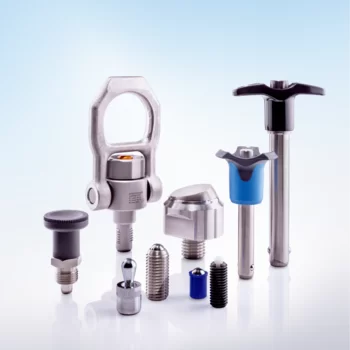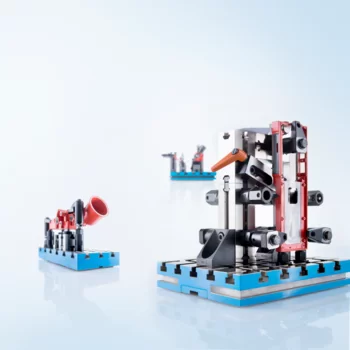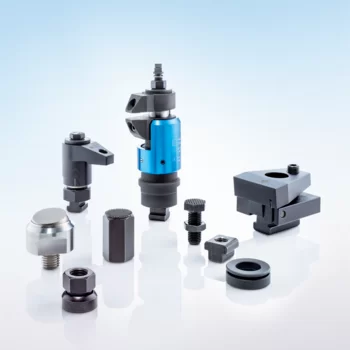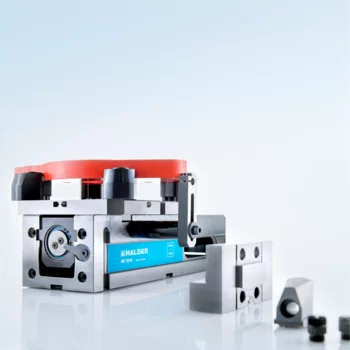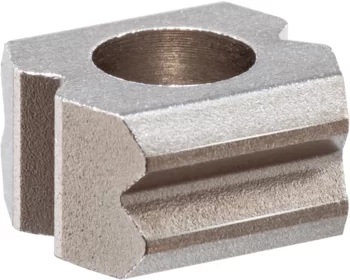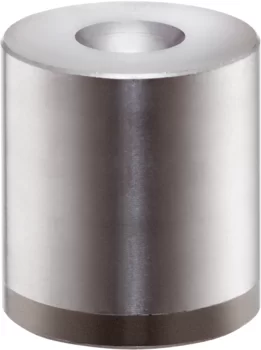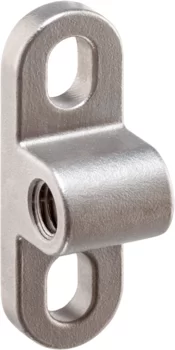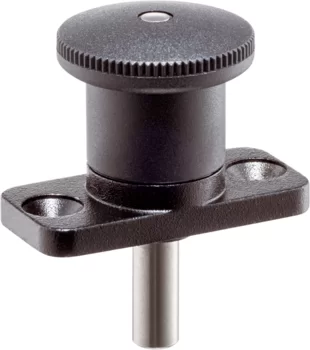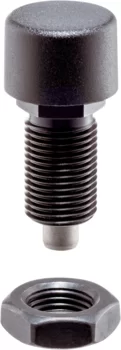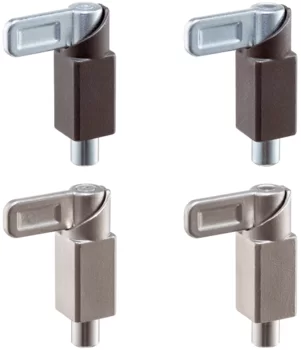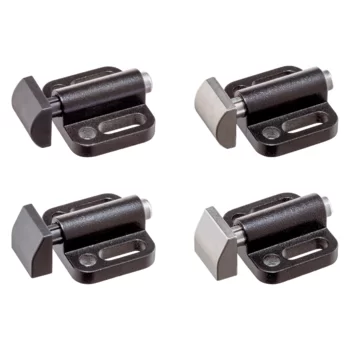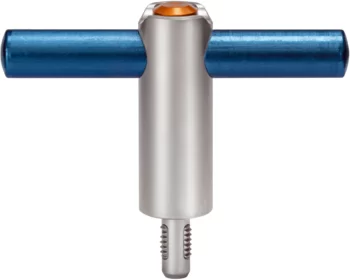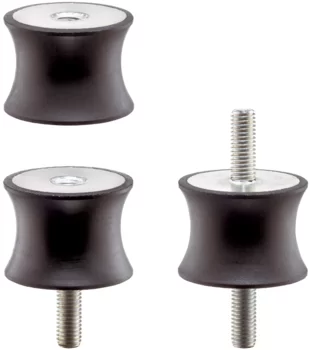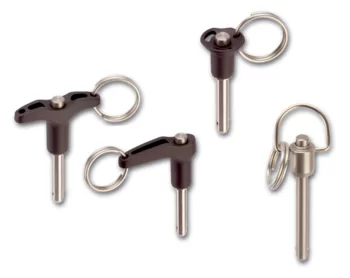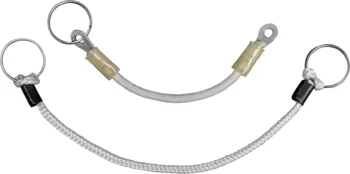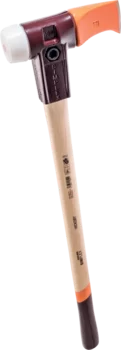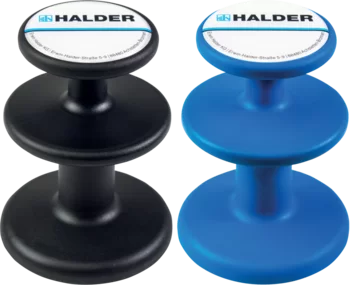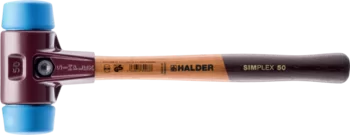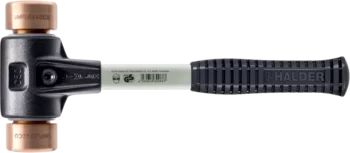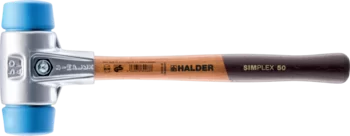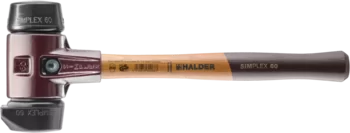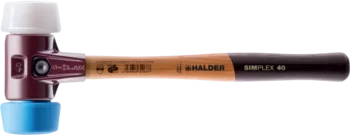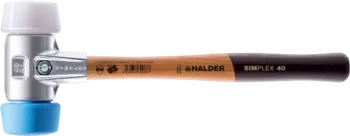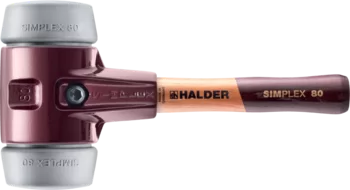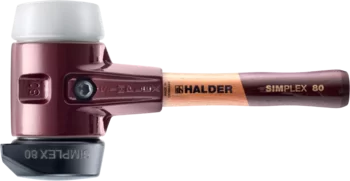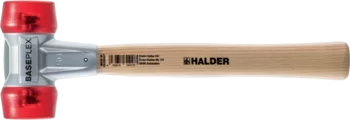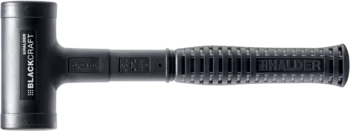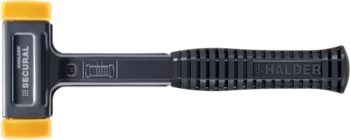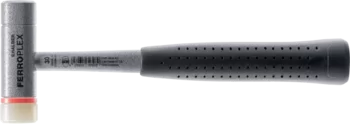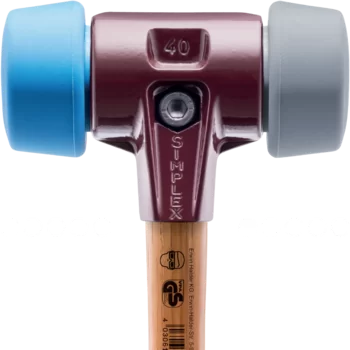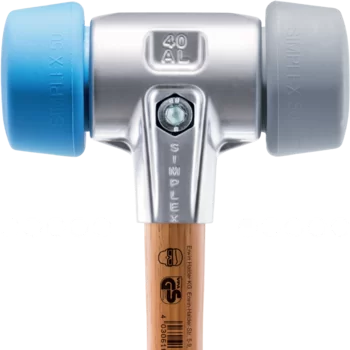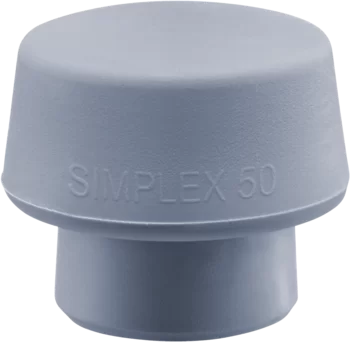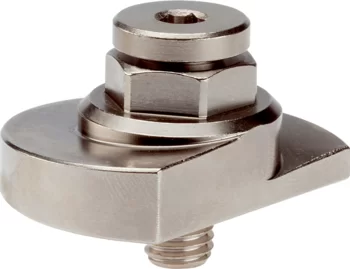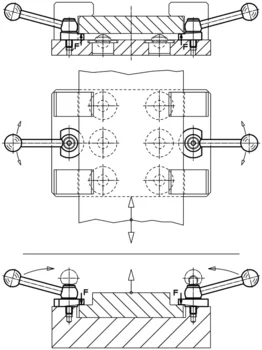-
Products
New Products
- Locators with bore hole, for spring plungers
- Locators smooth, for spring plungers
- Holders for spring plungers
- Index Plungers Mini Indexes with mounting flange
- Index Plungers with locking mechanism push-lock
- Index Bolts threadless, weldable
- Spring Push Plungers with mounting flange, horizontal
- Threaded Lifting Pins self-locking, with handle
- Bedding Supports
- Flat Knurled Nuts DIN 467
- Flat Knurled Thumb Screws DIN 653
- High Knurled Nuts DIN 466
- High Knurled Thumb Screws DIN 464
- Rubber Metal Buffers waisted
- Hinges
- Hinges
- Hinges elongated on one side
- Hinges elongated on both sides
- Hinges long version
Further Information:Product Groups- Forestry Tools
- Accessories
- Promotional Boxes
- SIMPLEX soft-face mallets, cast iron housing
- SIMPLEX soft-face mallets, reinforced cast iron housing
- SIMPLEX soft-face mallets, aluminium housing
- SIMPLEX soft-face mallets, cast iron housing, with "Stand-Up"
- SIMPLEX soft-face mallets, cast iron housing, 50:40
- SIMPLEX soft-face mallets, aluminium housing, 50:40
- SIMPLEX soft-face mallets, cast iron housing, extra short handle
- SIMPLEX soft-face mallets, cast iron housing, with "Stand-Up", extra short handle
- BASEPLEX soft-face mallets
- SIMPLEX sledge hammers, cast iron housing
- SIMPLEX sledge hammers, reinforced cast iron housing
- SIMPLEX sledge hammers, cast iron housing, with "Stand-Up"
- SUPERCRAFT soft-face mallets
- BLACKCRAFT soft-face mallet
- SECURAL soft-face mallet
- SUPERCRAFT sledge hammers
- FERROPLEX Combi Hammer
New Items- SIMPLEX soft-face mallets, 50:40 TPE-soft / TPE-mid; with cast iron housing and high-quality wooden handle
- SIMPLEX soft-face mallets, 50:40 TPE-soft / TPE-mid; with aluminium housing and high-quality wooden handle
- SIMPLEX insert, 50:40 TPE-mid, grey
- SIMPLEX Plus Box Starter Kit SIMPLEX soft-face mallet D60, rubber composition with "stand-up" / superplastic as well as one TPE-soft and one TPE-mid insert plus bottle opener
- SIMPLEX Plus Box Starter Kit SIMPLEX soft-face mallet D80, rubber composition with "stand-up" / superplastic as well as one TPE-soft and one TPE-mid insert plus bottle opener
- SIMPLEX Promotional Box Automotive SIMPLEX soft-face mallet D40, copper / soft metal plus puncher
- BLACKCRAFT Promotional Box Automotive BLACKCRAFT soft-face mallet D60 plus Magnetic Holder
- Promotional Box Dreamteam Door and Window Construction SIMPLEX soft-face mallet 50:40, TPE-soft / TPE-mid and SECURAL plus soft-face mallet
- Service
- Newsroom
- Company
- Contact
22260.0351 - Clamping Catches
Clamping catches have a round running taper surface and enable fast and safe clamping and releasing with a relatively large adjustment range and high tensioning force. Due to the small gradient angle of the taper surface, the clamping catch is self-locking.
This article 22260.0351 - Clamping Catches / with clamping screw, pitch opposite to bearing surface () is one variant of the article group Clamping Catches (EH 22260.)
More details
Material
Body
- Stainless steel 1.4305, nickel-plated
Screw
- Stainless steel 1.4021, heat-treated, nickel-plated
Notes
Left turn type can be supplied on request.
Assembly
Fix with screw bolt M 10 (WS 6). Ensure a tightening torque of max. 40 Nm.
Operation
The screw bolt and the washer are adjustable. Once screwed in, the clamping catch can easily be turned to the desired position. For Art. No. 22260.0250 / .0251 and 22260.0450 / .0451, the serration helps to put the tension lever to the preferred position.
RoHS compliant
Compliant according to Directive 2011/65/EU and Directive 2015/863.
Does not contain SVHC substances
No SVHC substances with more than 0.1% w/w contained - SVHC list [REACH] as of 27.06.2024.
Does not contain Proposition 65 substances
No Proposition 65 substances included.
https://www.P65Warnings.ca.gov/
Free from Conflict Minerals
This product does not contain any substances designated as "conflict minerals" such as tantalum, tin, gold or tungsten from the Democratic Republic of Congo or adjacent countries.
Contacts
Contact Standard Parts Contact Workholding Systems Contact Aviation Products RepresentativeContact Form
Information Material
Information material Standard Parts Information material Workholding Systems Information material Aviation ProductsNews
Have a look to our current new parts:
Threaded Lifting Pins with handle Bedding Supports Spring Push Plungers Accessories for spring plungers Index Plungers / Index Bolts Damping Elements Hinges Knurled Nuts / Knurled Thumb Screws